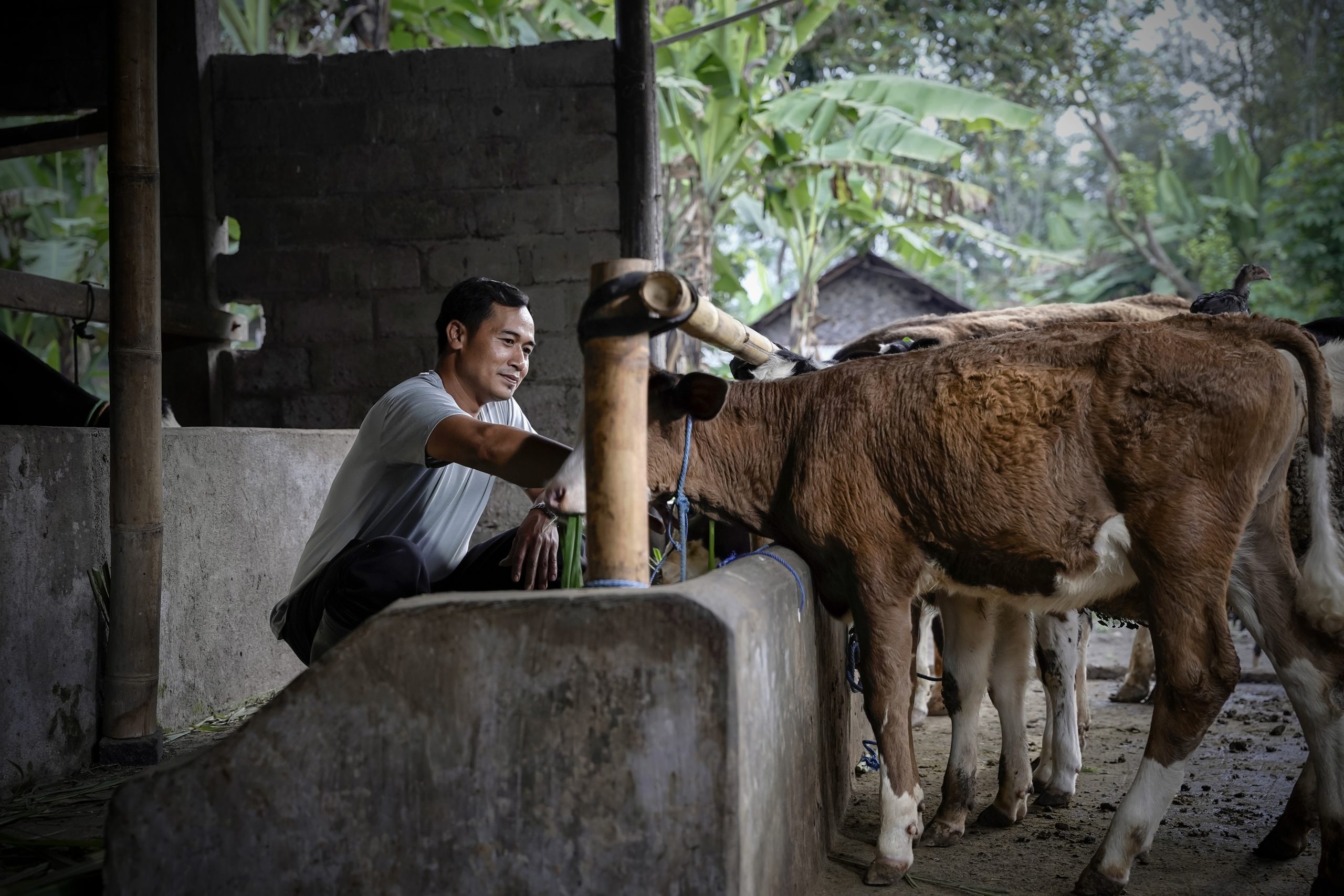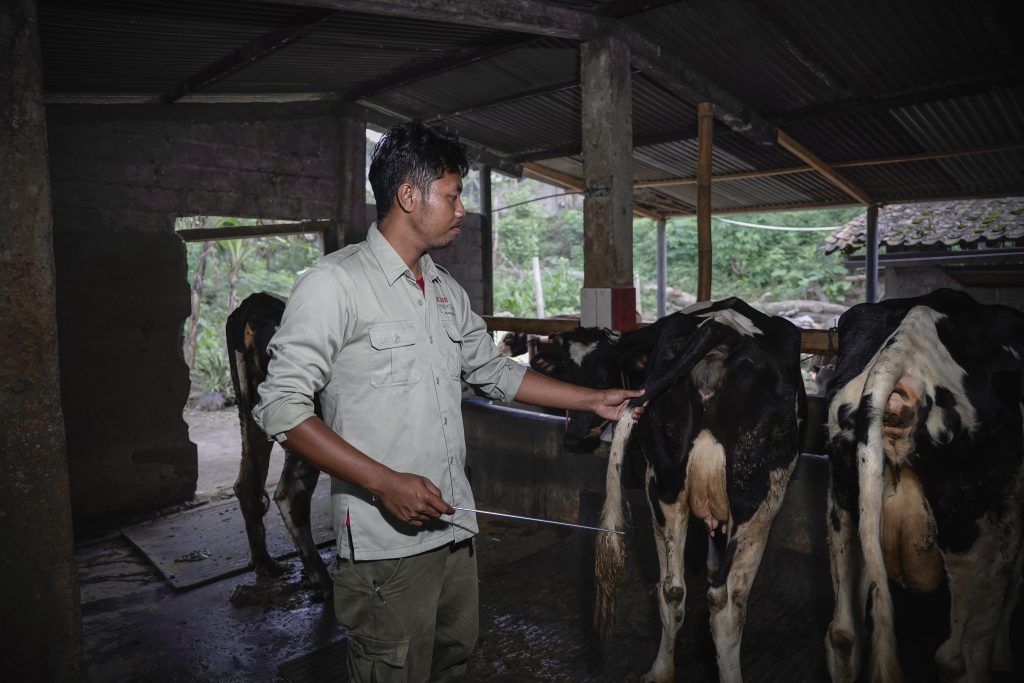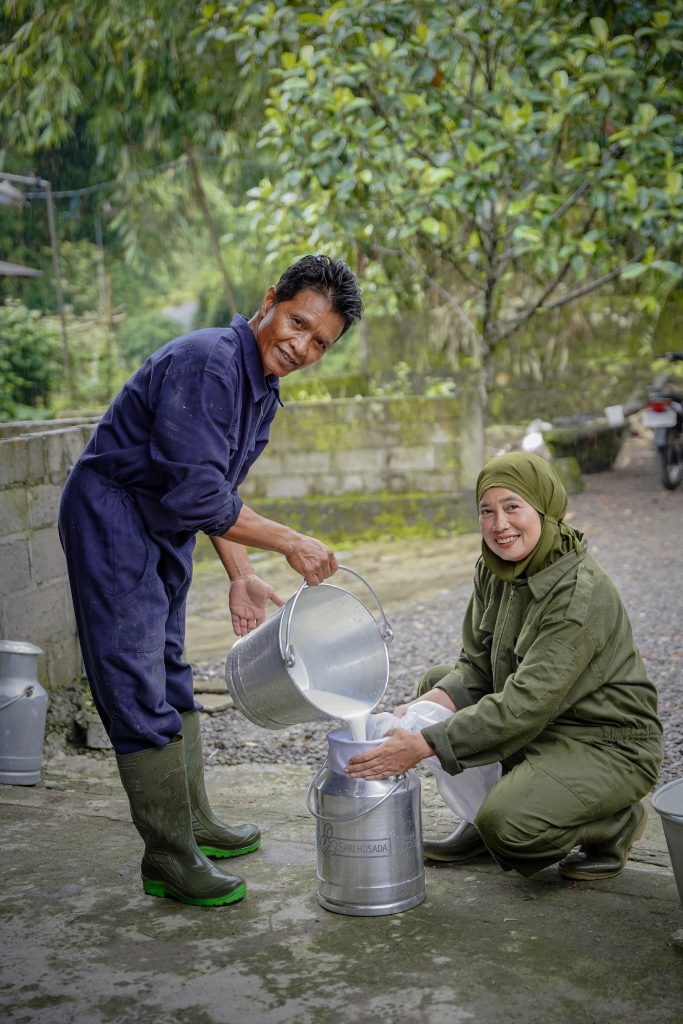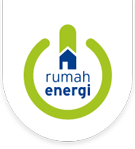National Milk Day: Local Dairy Farmers' Growth Amidst Imported Milk Demand and China’s Plan to Build Milk Factories and Cattle Farms in Indonesia

The Indonesian Milk Cooperative Association (Gabungan Koperasi Susu Indonesia or GKSI) has revealed that the supply of milk for industrial needs in Indonesia remains heavily dependent on imports. Approximately 80% of milk demand is met through imported products, while only 20% is supplied by Domestic Fresh Milk (SSDN). Out of the total national demand of 4.6 million tons of fresh milk annually, only about 1 million tons are produced locally. The remaining 3.6 million tons are imported in various forms.
Meanwhile, Deputy Minister of Agriculture Sudaryono stated that China is currently focusing on investing in Indonesia’s dairy sector. He announced that China plans to build milk processing factories and cattle farms within the country. This statement was made at the Indonesia-China Business Reception 2025, held on Saturday (May 24, 2025).
Indonesian dairy farmers continue to face numerous challenges, including low livestock productivity, poor milk quality, limited knowledge of Good Dairy Farming Practices (GDFP), and restricted access to affordable financing for expanding their herds and improving farm infrastructure. Farmers also heavily depend on fresh milk cooperatives for funding, business support, and knowledge enhancement. However, these cooperatives face their own set of challenges, such as limited capacity in livestock and animal health management, financial administration, business model development, and governance.

Since 2023, Sarihusada Generasi Mahardhika (SGM), Danone Ecosystem, and Rumah Energi have been collaborating through the Farmer Resilience and Enhanced Sustainable Husbandry (FRESH) program. This initiative aims to improve the productivity of smallholder dairy farmers and fresh milk cooperatives in the Special Region of Yogyakarta, Central Java, and East Java. One key component of the FRESH program is post-Foot-and-Mouth Disease (FMD) outbreak recovery, which includes activities such as cattle vaccination and treatment. The program also promotes herd population growth through dairy cattle credit schemes, infrastructure support, digital livestock recording, and innovations in reproduction, feed, and farming techniques. From an environmental perspective, the program encourages the use of household biogas digesters, bio-slurry (a byproduct of biogas) as natural fertilizer, and improved access to clean water.

According to data from PT Sarihusada as of March 2025, there has been a 70% increase in milk supply from farmers in three cooperatives in Central Java and Yogyakarta, compared to early 2023. Additionally, the Puspetasari Cooperative and UPP Kaliurang have successfully restored their production levels to pre-FMD conditions. In terms of quality, protein content in milk has continued to improve, reflecting better animal health practices among farmers — particularly at the UPP Kaliurang Cooperative, which recorded significant gains in both fat and protein content.
Through this local farmer empowerment initiative, milk productivity and quality are expected to keep rising and consistently meet required standards. A quality-based purchasing system (grading) motivates farmers to continuously improve livestock management and milk handling, as their products are rewarded with fair pricing. The SAMESTA Cooperative is also developing a pasteurization facility to support the Free Nutritious Meal program.
The FRESH program has generated tangible impacts in the field, enhancing farmer capacity, financial literacy, and milk quality — all contributing to improved nutrition for Indonesian children. These efforts mark a significant step toward national food independence, where local farmers not only help increase the volume and quality of national milk production but also uplift their standard of living, bringing Indonesia closer to the vision of becoming a truly Indonesia Berdaya.
Written by: Ruth Subodro & Jenni Irene Connie
Edited by: Fauzan Ramadhan

